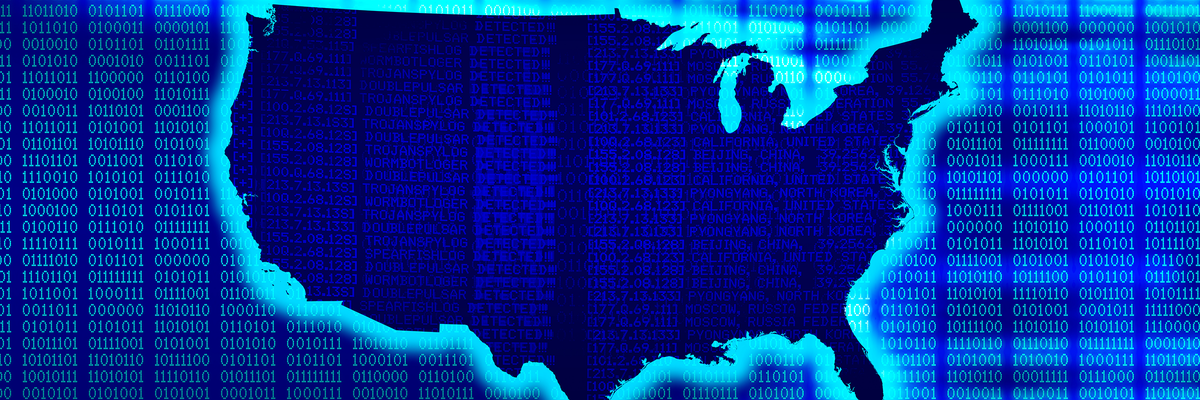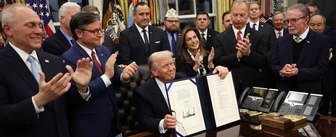America was reshaped by terrorist attacks on September 11, 2001. In the immediate aftermath, America’s approach to domestic surveillance changed rapidly. In an effort to respond to the fear of additional threats, programs were created to expand government powers and allow federal agencies to collect citizen’s communication records.
In addition to increased surveillance, America increased its military operations abroad in engagements that are ongoing. A new Economist/YouGov Poll conducted the week prior to the 19th anniversary of the September 11 attacks reveals that about half of American citizens (49%) believe the increased security and surveillance inside of the United States, as well as its increased military operations abroad, were worth the tradeoff to fight against the threat of terrorism. Just one-quarter (23%) say it was not worth the cost.
But younger Americans seem less certain. About one-third of 18-to 30-year-olds (35%) say the fight against terrorism was not worth the cost, while a similar number (35%) say that it was. Young adults would have been around 11 years old or younger when the attacks happened and grew up in a world with increased military operations, security measures, and domestic surveillance.
Americans between the ages of 30 to 44 are less likely than 18-to 30-year-olds to say that the efforts were not worth the cost (27%), but a similar number (34%) say it was. Most older Americans — who would have been in their late 20s or older when the attacks happened — believe the actions taken were worth the cost.
The controversial programs launched after 9/11 have further sparked conversations about whether protection from terrorist attacks should be a higher priority than the protection of American civil rights and liberties. About three in five Americans (63%) say civil rights and liberties are more important to them today than protection from terrorist attacks (37%). While all age groups prioritize their own civil rights and liberties over protection from terrorism attacks, 18-to 30-year-olds are particularly likely (71%) to prioritize it.
That prioritization of civil liberties could be because a terrorist attack is not seen as an immediate threat. Just one in fourteen Americans (7%) believe that a major terrorist attack against the United States is very likely to happen in the next 12 months. About one-third (32%) say an attack is somewhat likely. Only one-third of 18-to 30-year-olds believe a terrorist attack is very or somewhat likely in the next year.
Trended data from The Economist/YouGov Poll finds that just 8 percent of registered voters say national security and foreign policy is the most important issue for them. Just 3 percent of 18-to 30-year-olds say national security is their top issue — most care most about health care (19%), climate change (16%), or jobs and the economy (15%). 18-to 30-year-olds are four times more likely to describe civil rights and civil liberties (14%) as their top issue, compared to national security and foreign policy (3%).
Related: Explore what voters believe the most important issues facing the United States is
See the toplines and crosstabs from this week’s Economist/YouGov Poll
Methodology: The Economist survey was conducted by YouGov using a nationally representative sample of 1,500 U.S. adult citizens interviewed online between September 6 - 8, 2020. This sample was weighted according to gender, age, race, and education based on the American Community Survey, conducted by the US Bureau of the Census, as well as 2016 Presidential vote, registration status, geographic region, and news interest. Respondents were selected from YouGov’s opt-in panel to be representative of all US citizens. The margin of error is approximately 3.4% for the overall sample.
Image: Getty











